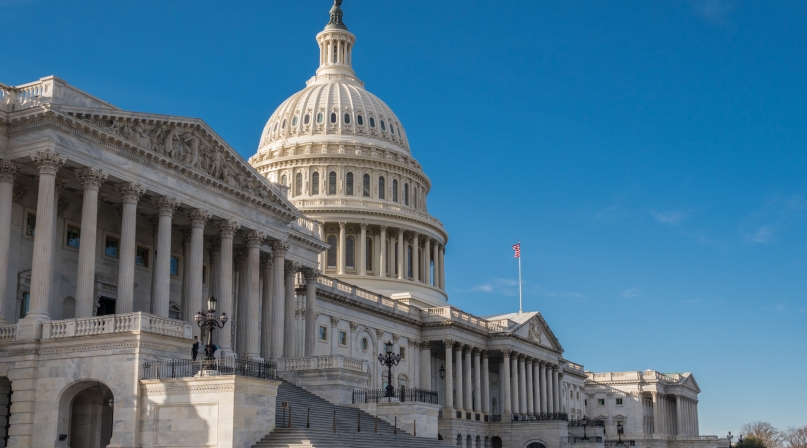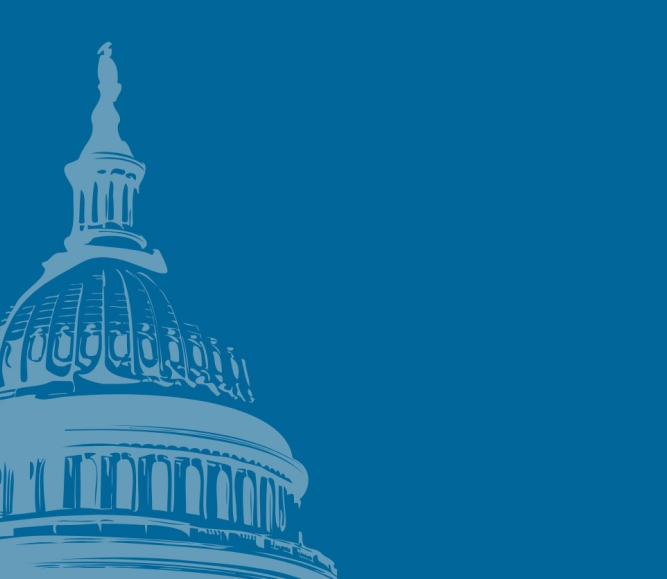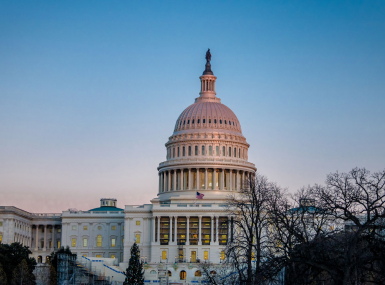Lawmakers reintroduce the Build Housing with Care Act
Author

Julia Cortina

Kevin Moore
Upcoming Events
Related News

Key Takeaways
Build Housing with Care Act
On January 30, Senator Ron Wyden (D-Ore.) and Congresswoman Suzanne Bonamici (D-Ore.) reintroduced the Build Housing with Care Act (S.310/H.R. 646). This legislation would establish a new competitive grant program under the U.S. Department of Housing and Urban Development (HUD) intended to boost the supply of co-located child care facilities and affordable housing developments. Applicants located in child care deserts, rural communities, Head Start providers, or those serving primarily low-income children would be prioritized in the application process. Counties, public housing authorities, nonprofit organizations and community development financial institutions (CDFIs) could receive up to $10 million per project. To qualify, these groups would need to partner with eligible child care providers and guarantee that funded activities do not displace current residents.
The Role of Counties in Housing and Child Care
72 percent of counties can erect a housing authority to administer and provide oversight on housing programs. This sometimes includes direct ownership of housing properties, administering federal funding like Housing Choice Vouchers, or enacting policies that foster housing affordability.
Additionally, in several states, counties play a significant role in licensing child care providers, administering child care assistance to low-income residents, referring families to child care resources and providing local funding to help build the supply of child care.
The Build Housing with Care Act, if enacted, would provide counties with additional funds to develop and maintain affordable housing communities, while also expanding the number of local child care facilities where families can use their CCDF vouchers.
Resource
Support the Child Care and Development Fund (CCDF)

Related News
Stretching small opioid settlement allocations helps funding do more
States and localities are set to receive $56 billion in opioid settlement dollars over an 18-year period, but not every county that receives settlement funding will get enough to build out infrastructure.

